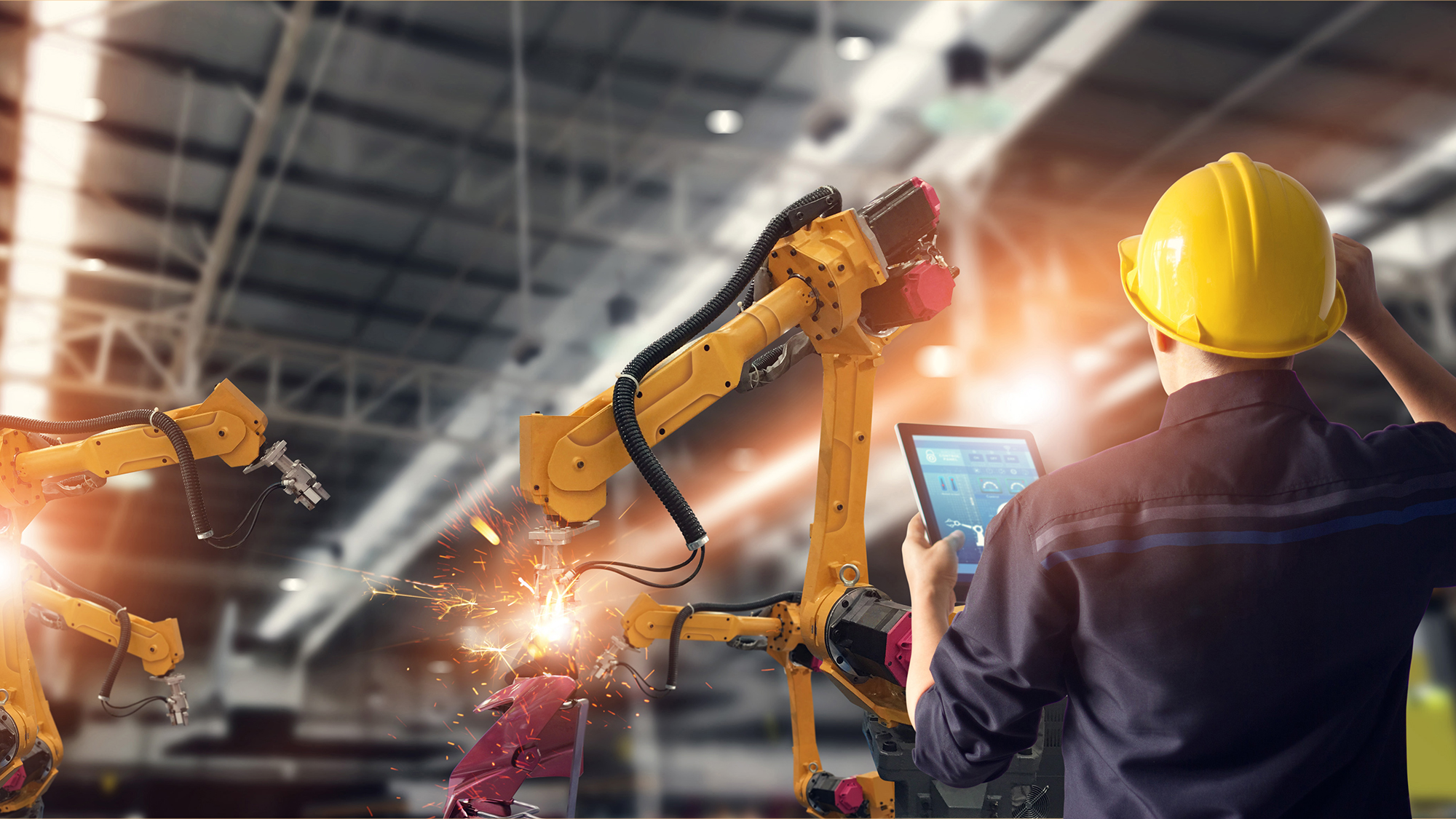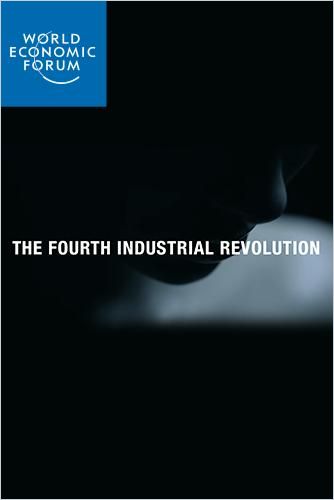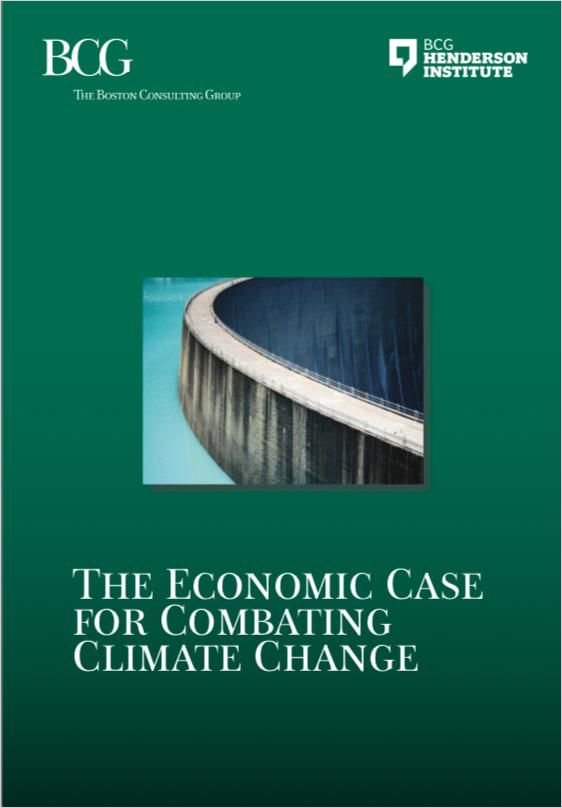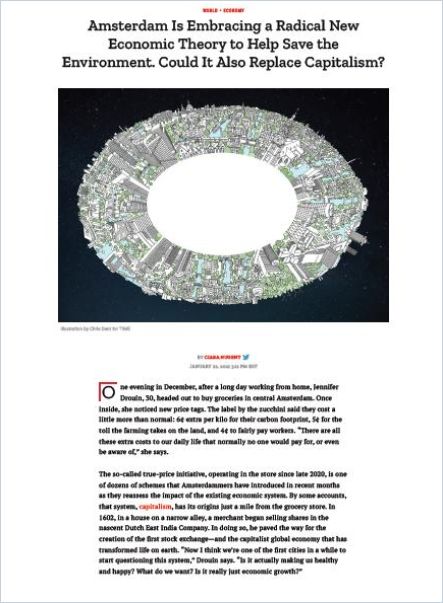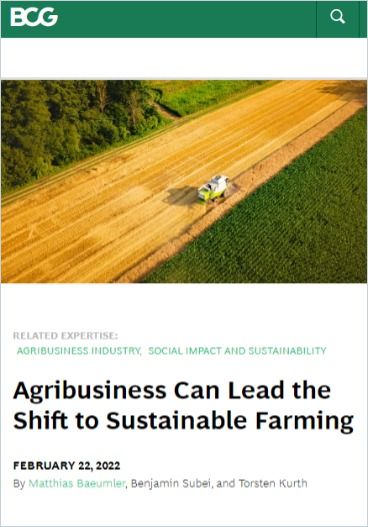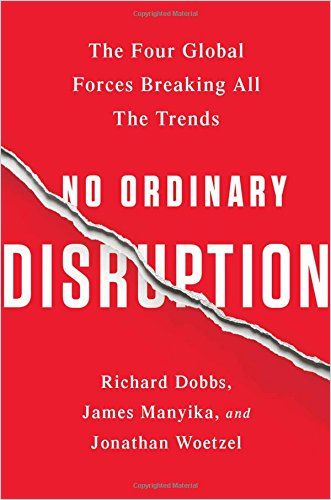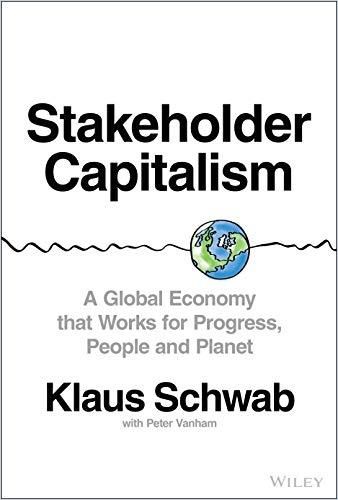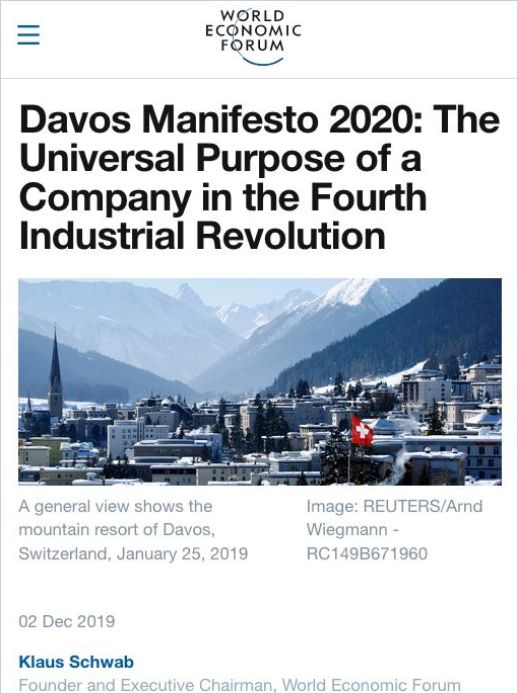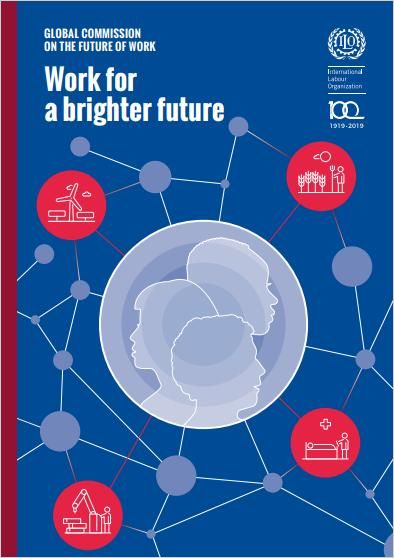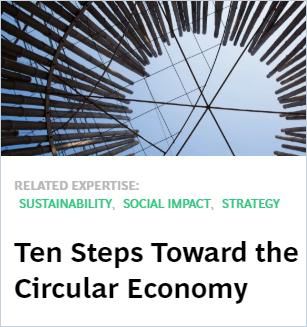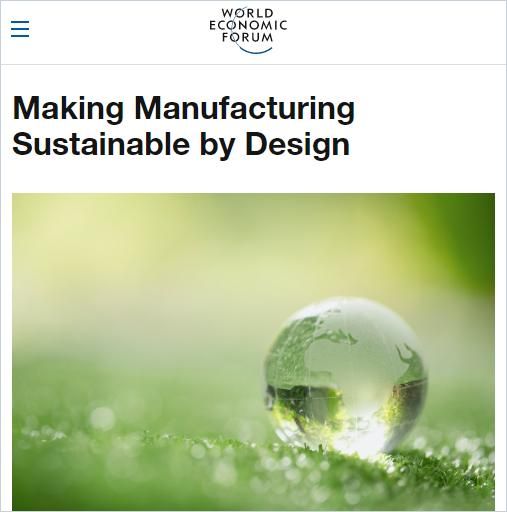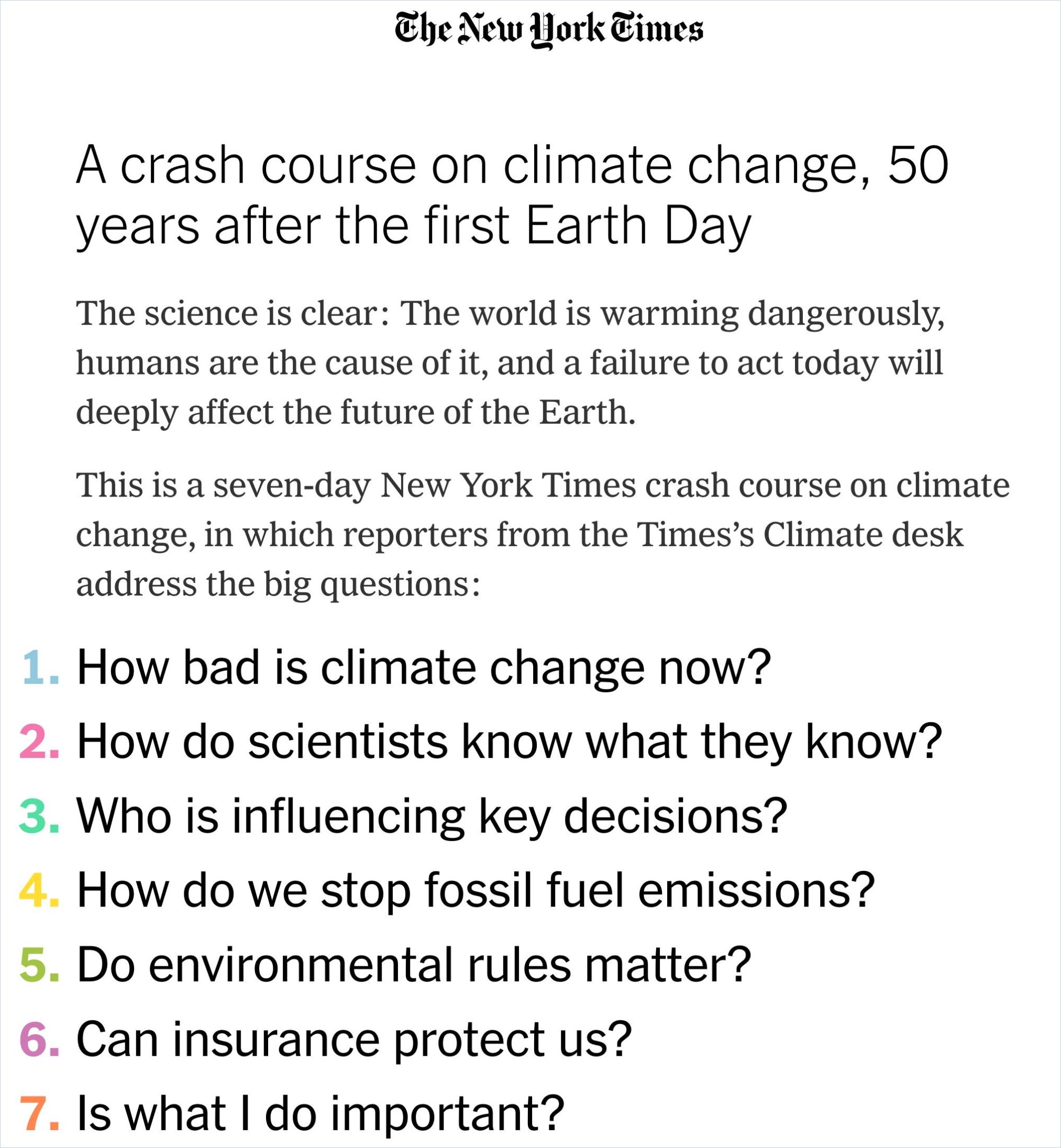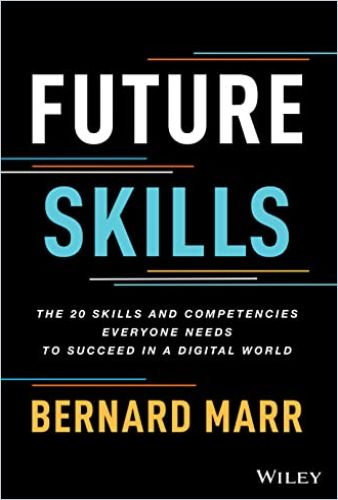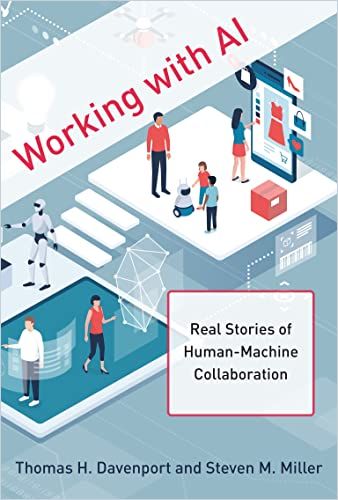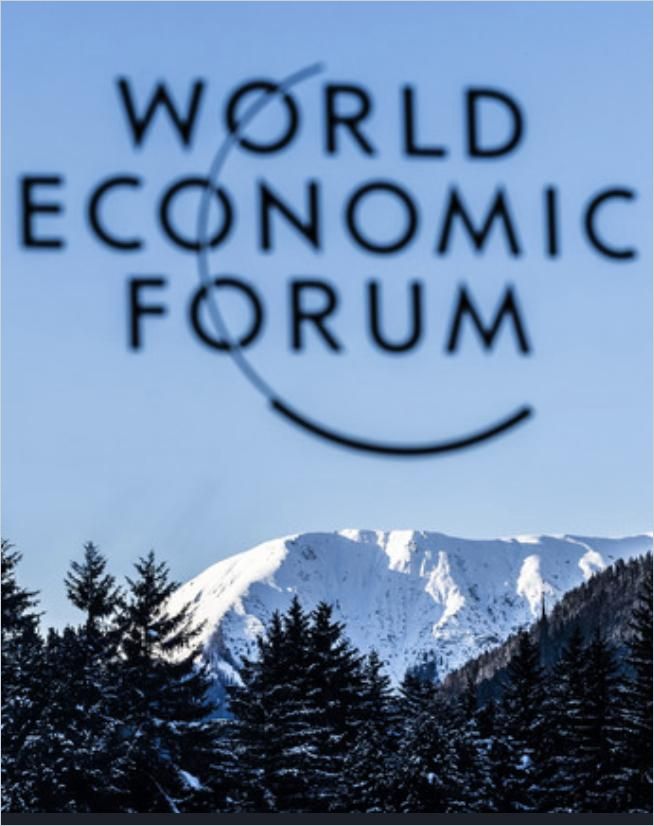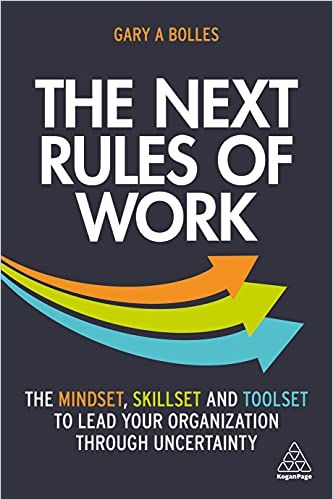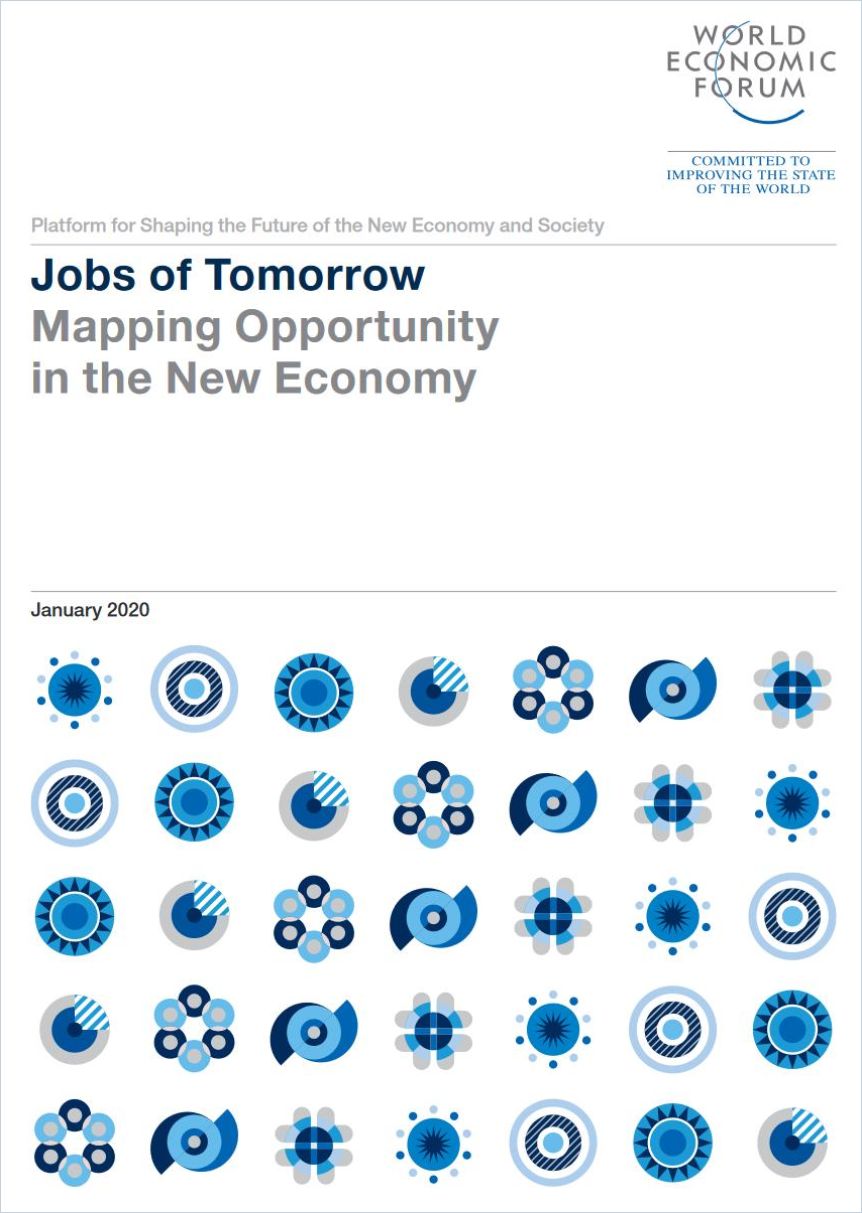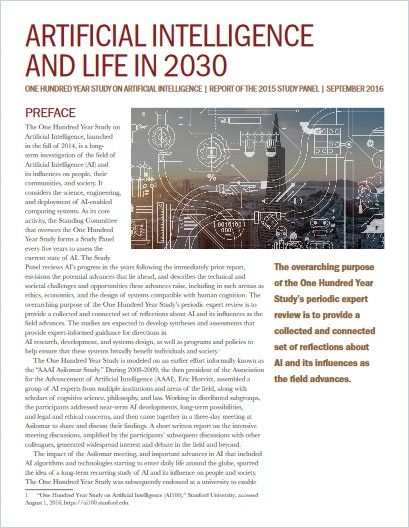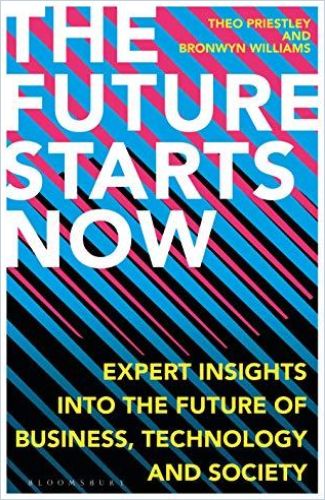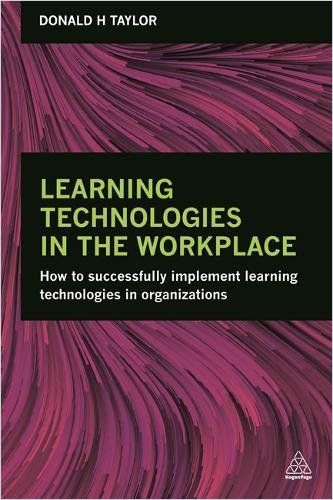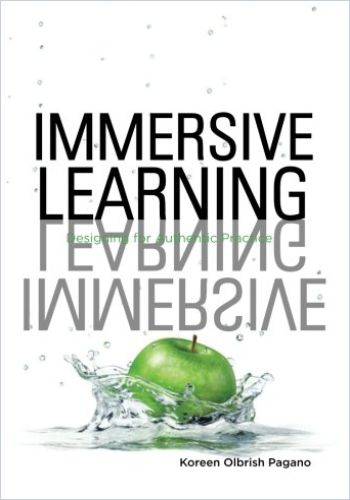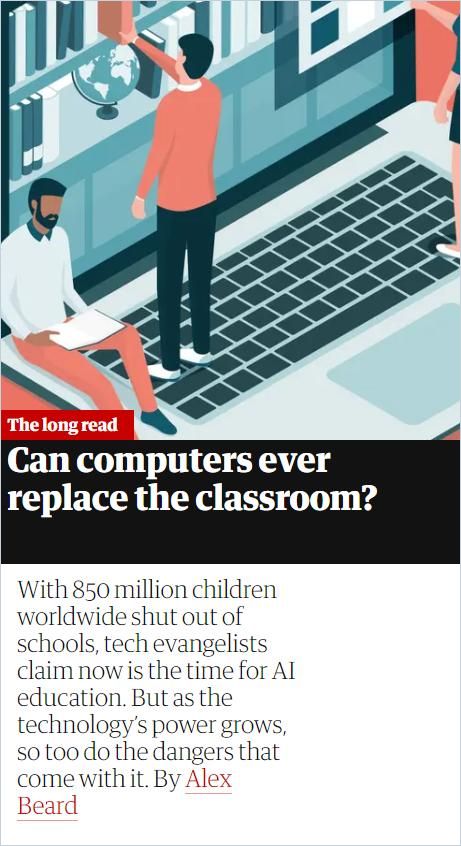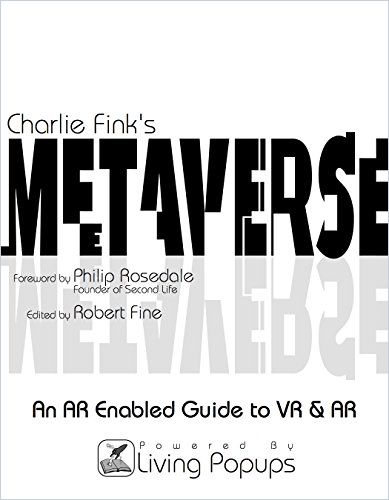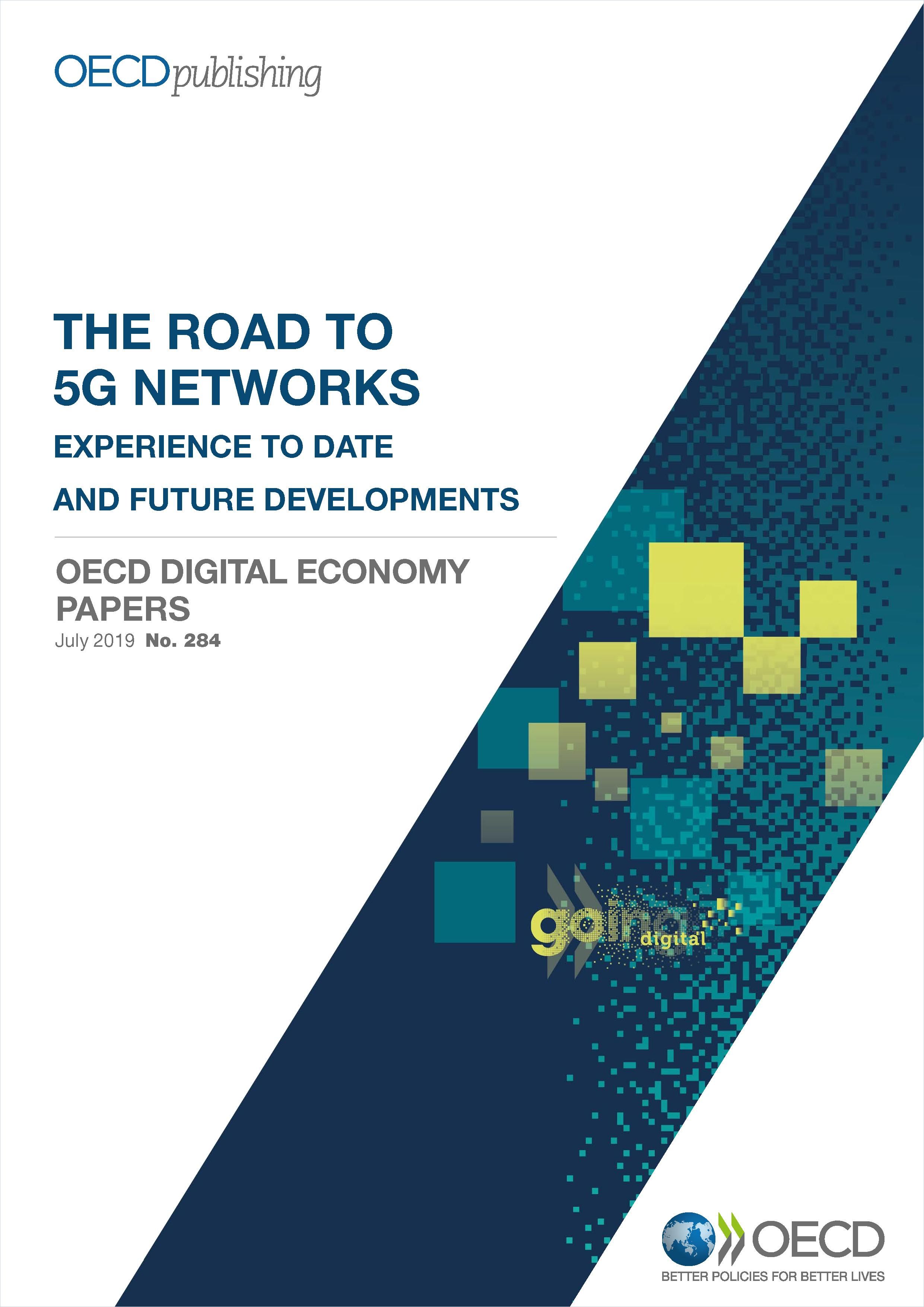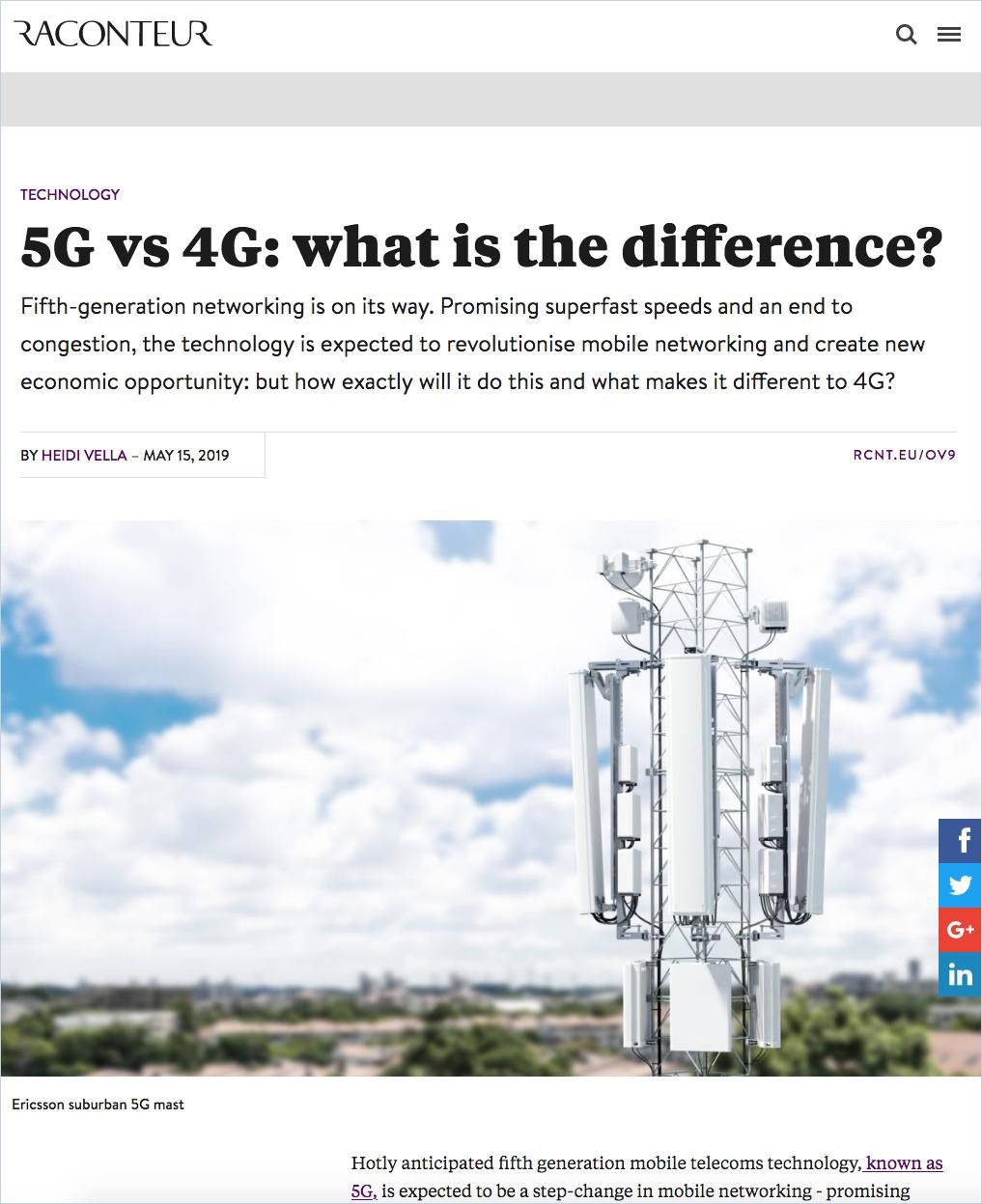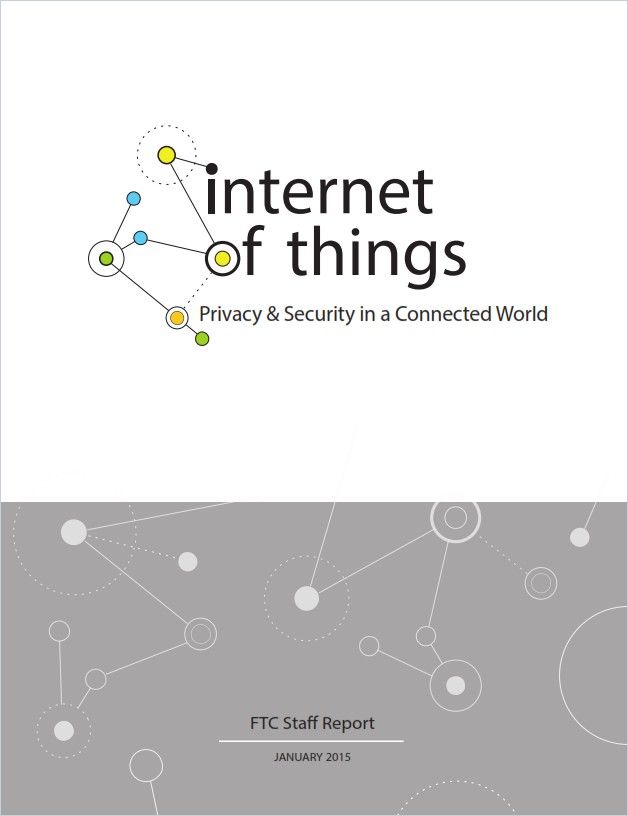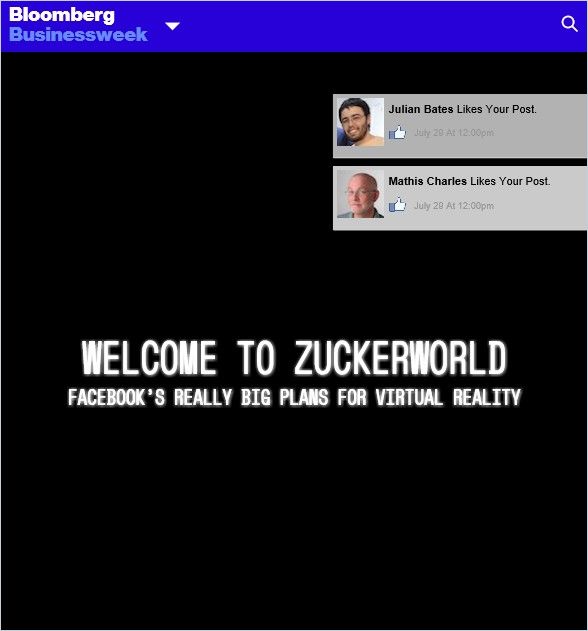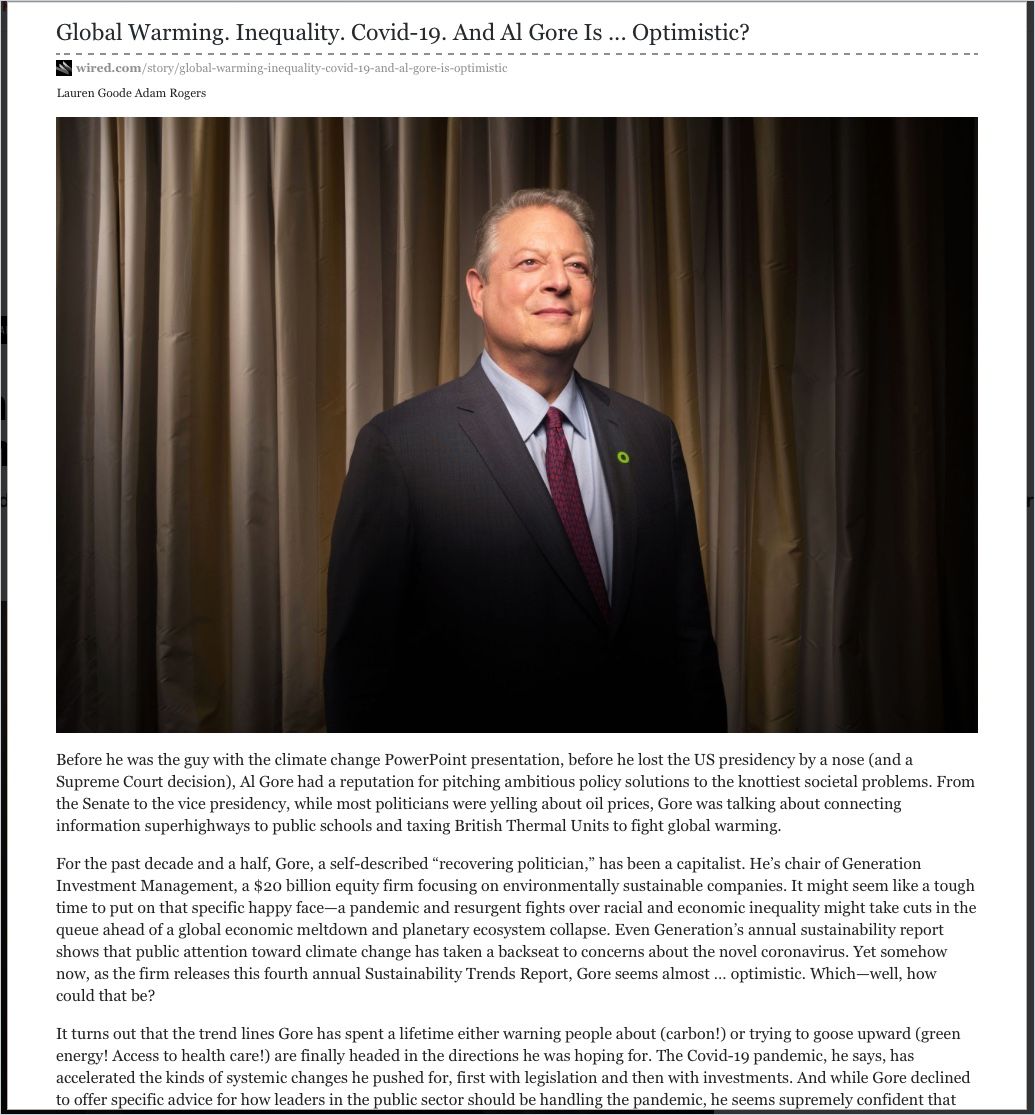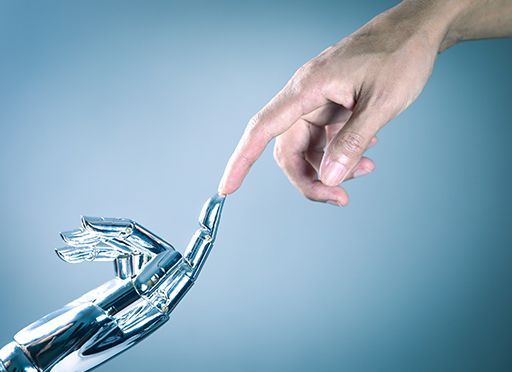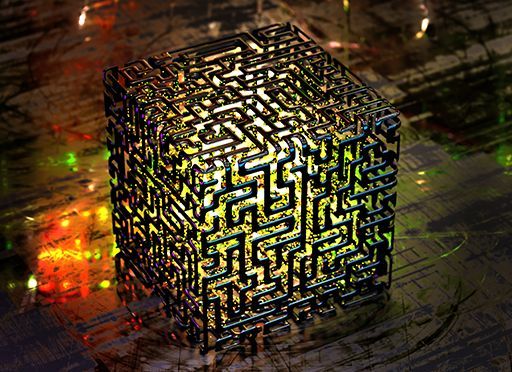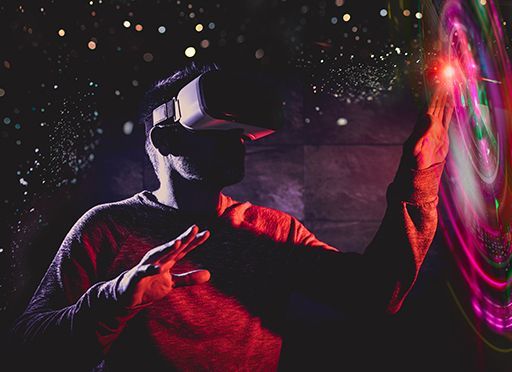The invention of the steam engine sparked the first Industrial Revolution, the harnessing of electricity ushered in the second, and computers powered the third. Now, a range of new technologies, from digital to biological to quantum, lay the foundation for the fourth Industrial Revolution. What makes this revolution different from previous shifts is, as World Economic Forum founder Klaus Schwab puts it, “It doesn’t change what we are doing, but it changes us.”
Video Summary The Fourth Industrial Revolution
In the Fourth Industrial Revolution, technology is augmenting and redefining humanity.
World Economic Forum World Economic Forum Foreground People and Planet
As the world shifts and becomes more automated, so must its values shift to elevate human well-being over unbridled economic growth. Companies have a duty to align with this mission.
Related Summaries in getAbstract’s Library
Book Summary Stakeholder Capitalism
Short-term priorities created the Earth’s problems, but long-term thinking could offer solutions.
Klaus Schwab and Peter Vanham Wiley Read Summary Article Summary Davos Manifesto 2020
It’s high time for companies to adopt a stakeholder-centric business model.
Klaus Schwab World Economic Forum Read Summary Report Summary Work for a Brighter Future
It’s time to rewrite the existing social contract and make a better world for all.
ILO International Labour Organisation Read Summary Economic models that worked in the past, where business externalized waste products and emphasized extraction are now giving way to a “circular economy” of recycling and reuse in the face of dramatically increased threats from climate change, exacerbated by human technologies changing the face of the planet. Economies fueled by carbon must transition to renewables. Hard as this challenge may be, ignoring the call to action would be disastrous.
Related Summaries in getAbstract’s Library
Article Summary Ten Steps Toward the Circular Economy
Rethinking your firm’s economic model could be financially and operationally rewarding.
Holger Rubel, Marc Schmidt and Alexander Meyer zum Felde The Boston Consulting Group Read Summary Article Summary Making Manufacturing Sustainable by Design
Advanced technologies and new practices could slash manufacturers’ environmental impact.
World Economic Forum World Economic Forum Read Summary Report Summary The Economic Case for Combating Climate Change
Early movers on climate-change mitigation stand to reap the most economic gains.
Jens Burchardt, Philipp Gerbert, Stefan Schönberger, Patrick Herhold, Christophe Brognaux and Joonas Päivärinta The Boston Consulting Group Read Summary Article Summary A Crash Course on Climate Change
If you’re feeling overwhelmed by climate change, here’s what you need to know in a nutshell.
Henry Fountain, Kendra Pierre-Louis, Hiroko Tabuchi, Brad Plumer, Lisa Friedman, Christopher Flavelle and Somini Sengupta The New York Times Read Summary Article Summary Amsterdam Is Embracing a Radical New Economic Theory to Help Save the Environment. Could It Also Replace Capitalism?
Amsterdam is moving ahead with a bold economic experiment.
Ciara Nugent Time Read Summary Article Summary Agribusiness Can Lead the Shift to Sustainable Farming
Environmental regulations: Are they an inconvenient disruption for agriculture, or a unique opportunity?
Matthias Baeumler, Benjamin Subei and Torsten Kurth The Boston Consulting Group Read Summary The Jobs Landscape is Changing
The “future of work” is suddenly present. Although many jobs will be displaced by artificial intelligence (AI) and automation, new “human plus AI” jobs will replace them, and non-technical jobs that require a human touch, like caregiving or marketing, will continue to grow. Demand for technical expertise in computer-related fields will stay high. General leadership skills – communication, creativity, solving problems – will always be in demand.
Related Summaries in getAbstract’s Library
Book Summary Future Skills
You can’t predict the future, but you can prepare for it with these 20 essential skills for the digital age.
Bernard Marr Wiley Read Summary Book Summary Working with AI
Take a tour of AI-integrated workplaces to see what this evolving technology means for the future of work.
Steven Miller and Thomas H. Davenport MIT Press Read Summary Video Summary The Four-Day Week: Necessity or Luxury?
Organizations across the world are heeding the call to give workers more control over when and how much they work.
Adam Grant, Ohoud Khalfan Al Roumi, Jonas Prising, Hilary Cottam and Anne-Marie Slaughter World Economic Forum Read Summary Book Summary The Next Rules of Work
Forget the color of your parachute. Success today is all about mind-set and continual learning.
Gary Bolles Kogan Page Publishers Read Summary Article Summary Jobs of Tomorrow
Worried that AI will steal your job? Your future employment prospects may be brighter than you imagine.
Vesselina Ratcheva, Till Alexander Leopold and Saadia Zahidi World Economic Forum Read Summary Article Summary Artificial Intelligence and Life in 2030
AI technology is on the rise – but robots aren’t about to take over.
Peter Stone, Rodney Brooks, Erik Brynjolfsson, Ryan Calo, Oren Etzioni, Greg Hager, Julia Hirschberg, Shivaram Kalyanakrishnan, Ece Kamar, Sarit Kraus, Kevin Leyton-Brown, David Parkes, William Press, AnnaLee (Anno) Saxenian, Julie Shah, Milind Tambe and Astro Teller AI 100 Stanford University Read Summary Book Summary The Future Starts Now
Explore the many possible futures that may result from today’s expanding technologies and the changing nature of work.
Theo Priestley and Bronwyn Williams Bloomsbury Read Summary New Technologies Can Help or Hurt
Technologies such as virtual and augmented realities, 3D printing and the Internet of Things will fundamentally transform entertainment, the way humans learn, and the manufacture of everything from hearts to sneakers.
Related Summaries in getAbstract’s Library
Book Summary Learning Technologies in the Workplace
New tools, technologies and attitudes support the workplace learner revolution.
Donald H. Taylor Kogan Page Publishers Read Summary Book Summary Immersive Learning
Leverage the fun of gaming to teach serious workplace skills: An introduction to learning in virtual environments.
Koreen Olbrish Pagano ASTD Publications Read Summary Article Summary Can Computers Ever Replace the Classroom?
Thanks to machine learning, students can learn more, faster. But so too can providers and governments – about them.
Alex Beard The Guardian Read Summary Book Summary Charlie Fink’s Metaverse
With the nascent explosion of virtual reality and augmented reality, your world is getting bigger.
Charlie Fink Cool Blue Media Read Summary Report Summary The Road to 5G Networks
The fifth generation of wireless networks (5G) will be both evolutionary and revolutionary.
Working Party on Communication Infrastructure and Services Policy (WPCISP) OECD Read Summary Article Summary 5G vs 4G: What Is the Difference?
The next generation of wireless technology will affect the average consumer in many ways.
Heidi Vella Raconteur Read Summary Report Summary Internet of Things
The US Federal Trade Commission addresses the economic, social and legal issues created by the ever-growing Internet of Things.
Federal Trade Commission Federal Trade Commission Read Summary Article Summary Li-Fi : The Future of Internet
A light-based alternative to Wi-Fi might soon lighten the strain on Internet networks.
Fiza Rasool Medium Read Summary Article Summary Welcome to Zuckerworld
Mark Zuckerberg wants to connect seven billion people via virtual reality.
Bryant Urstadt and Sarah Frier Bloomberg Businessweek Read Summary Climate change is already displacing many of the world’s people, creating ongoing refugee crises around the world. Growing income inequality and the pace of change destabilizes governments. Other global trends, such as the growth of the world’s urban centers also play a role in defining the Fourth Industrial Revolution.
Book Summary No Ordinary Disruption
Four emerging trends portend epic change and opportunity.
Richard Dobbs, James Manyika and Jonathan Woetzel Public Affairs Explore the many facets of the Fourth Industrial Revolution:
